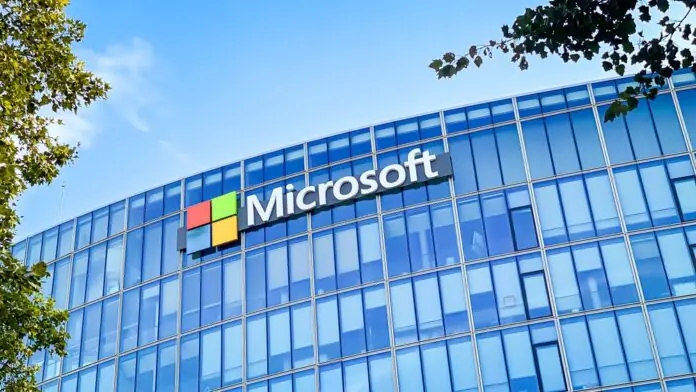For years, tech giants have promised that quantum computing will change everything. Breakthroughs come and go, but practical quantum computers remain just out of reach. Now, Microsoft claims it has cracked a crucial piece of the puzzle with its Majorana-1 chip.
Could this really be the game-changer? Or is it just another step in a long, uncertain journey?
Why Quantum Computers Are Such a Big Deal
Traditional computers process data using bits—ones and zeros. Quantum computers, on the other hand, use qubits, which can exist in multiple states at once. This allows them to solve incredibly complex problems much faster than today’s best supercomputers.
Sounds amazing, right? The problem is, qubits are incredibly unstable. Tiny disturbances—heat, noise, or even the act of measuring them—can cause errors. That’s why most current quantum systems are still highly experimental.
Microsoft’s New Approach
This is where Microsoft’s Majorana-1 chip comes in. Instead of using standard qubits, it relies on topological qubits, which are built using a rare type of particle called Majorana fermions.
Why does that matter? Because these qubits are supposed to be far more stable, which means fewer errors and less need for complex error correction. If Microsoft can make this work at scale, it could finally make quantum computing practical.
What This Could Mean for the Future
If Majorana-1 delivers on its promise, we could see:
• Revolutionary AI advancements – Quantum-powered machine learning could make today’s AI look primitive.
• New materials and medicines – Scientists could simulate molecular interactions in ways that are impossible with classical computers.
• Next-level cybersecurity – Quantum encryption could create unbreakable security systems.
But Here’s the Catch…
Microsoft isn’t the only one in this race. Google, IBM, and others are pursuing different quantum strategies. Some experts also argue that while topological qubits sound great in theory, they’ve yet to be proven at scale.
Then there’s the timeline. Microsoft says quantum computing could be commercially viable in just a few years. But history suggests that major breakthroughs often take longer than expected.
Bottom Line
The Majorana-1 chip is exciting, but it’s not a magic bullet. Quantum computing is still a work in progress, and while this could be a major step forward, it’s far from the finish line.
One thing is certain: Microsoft is betting big. If they’re right, they could lead the next era of computing. If they’re wrong, well… it won’t be the first time quantum hype has outpaced reality.


